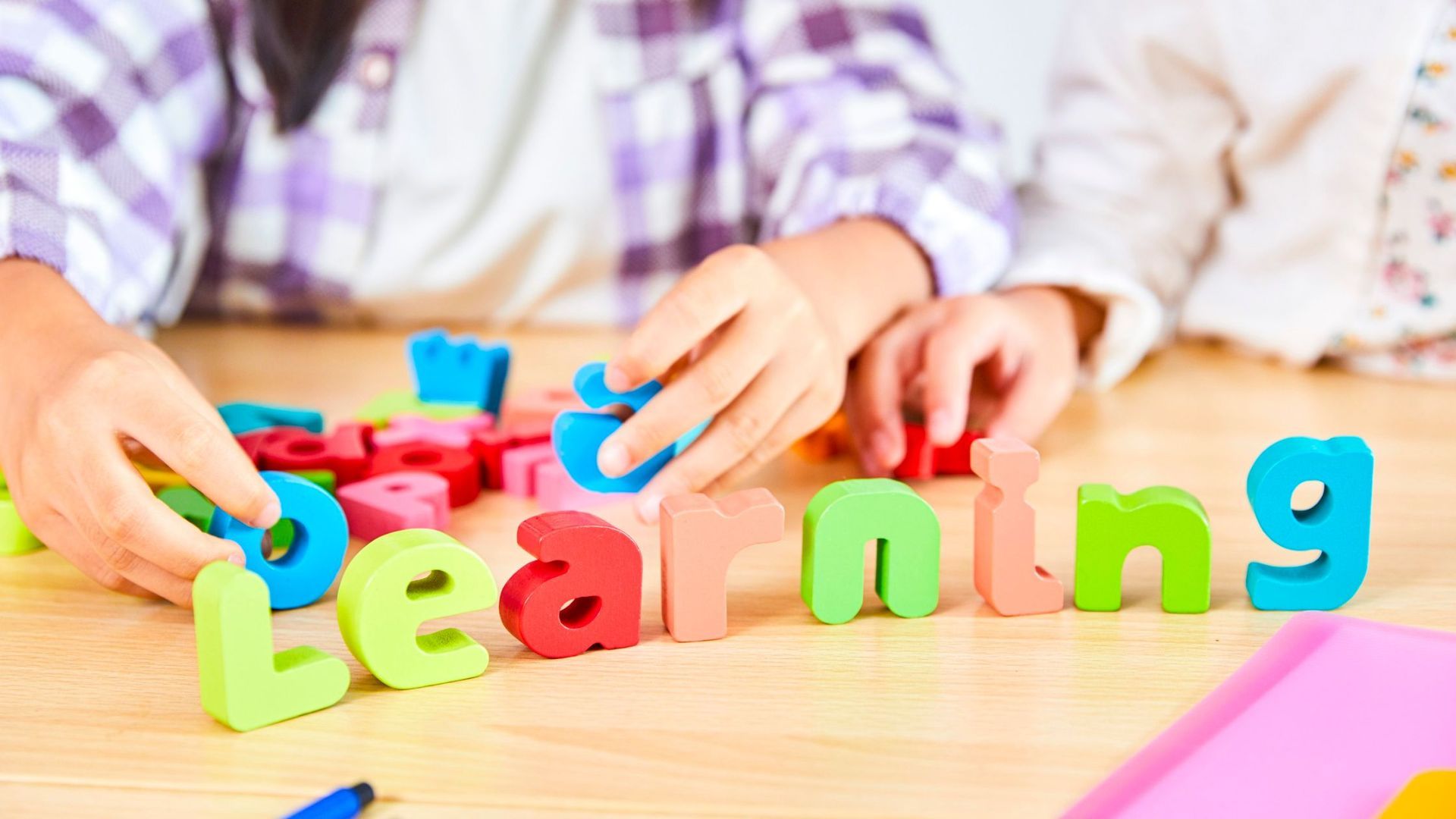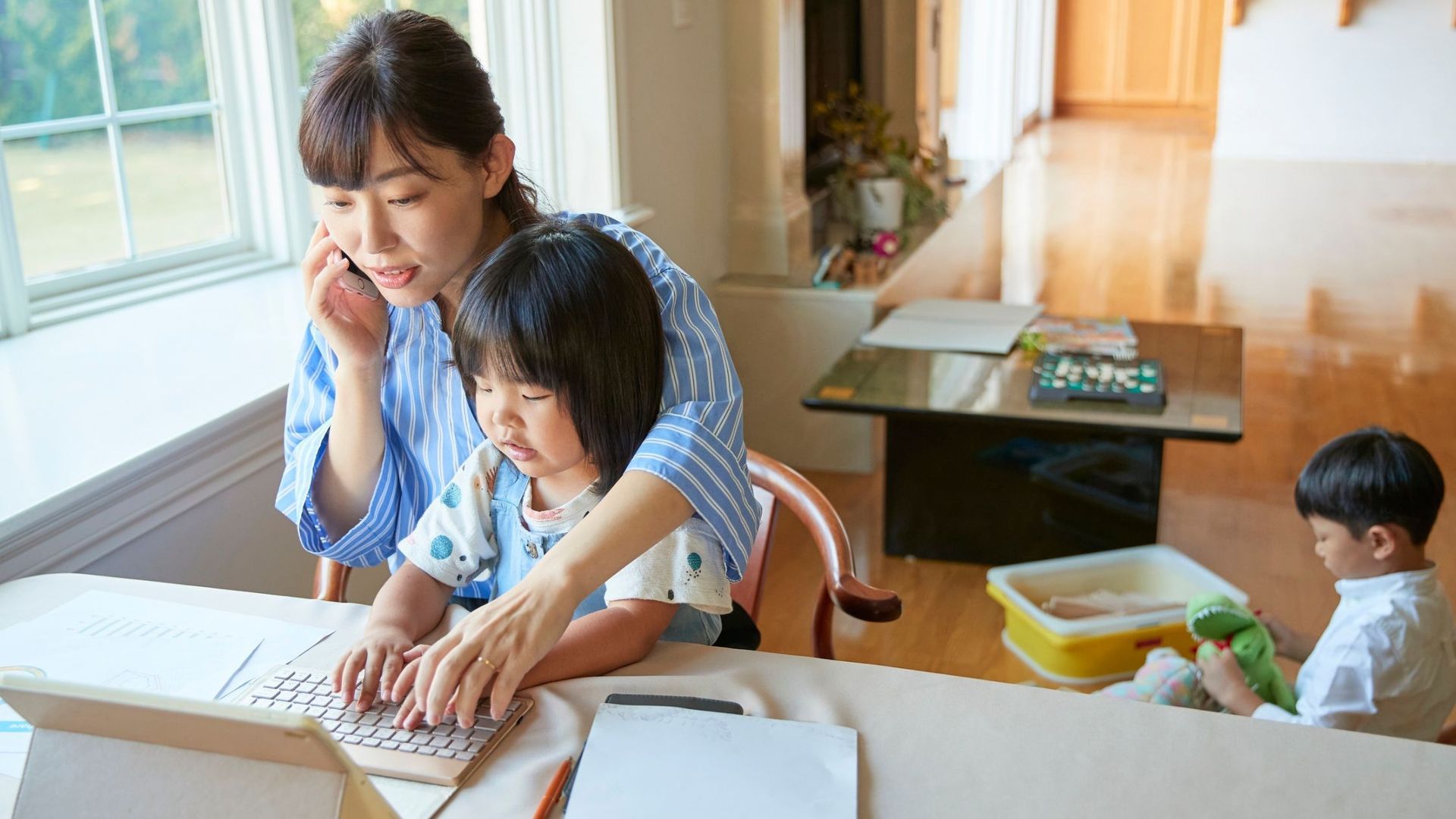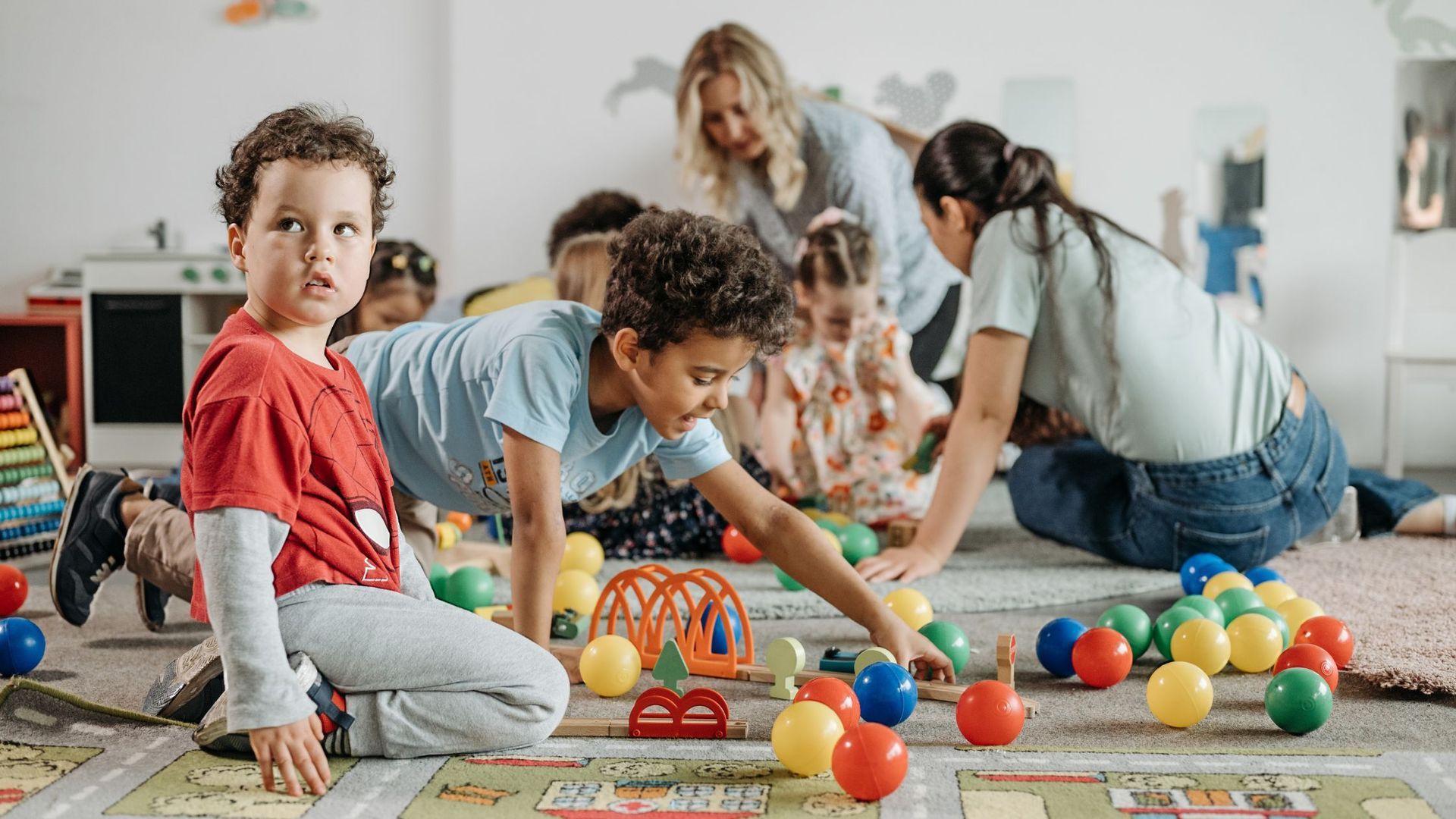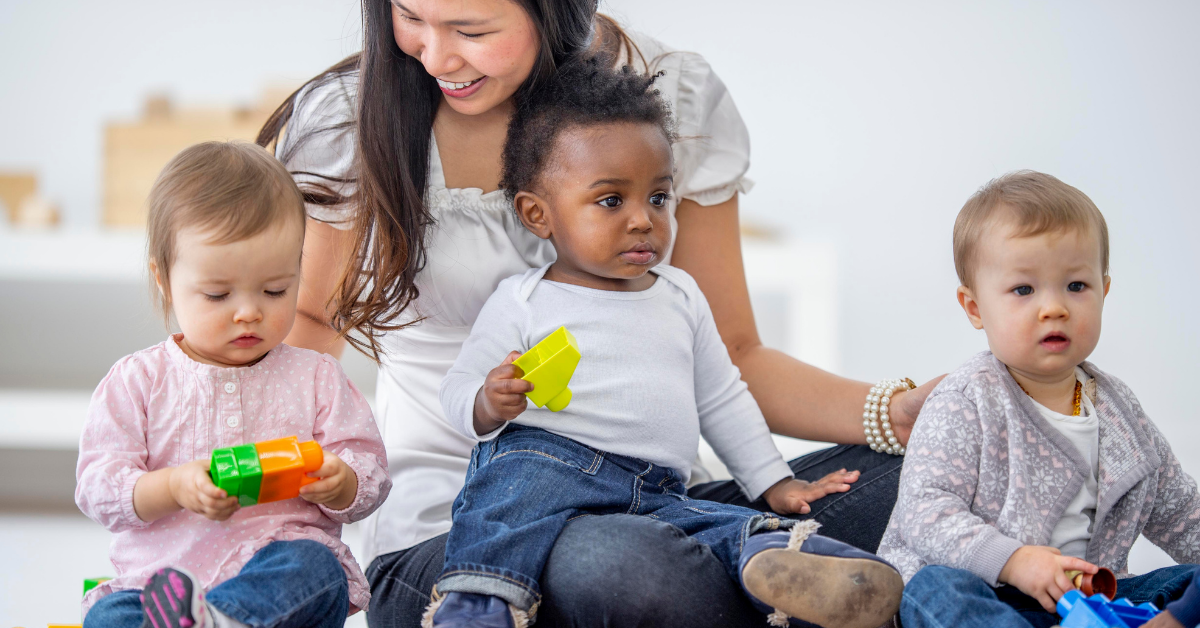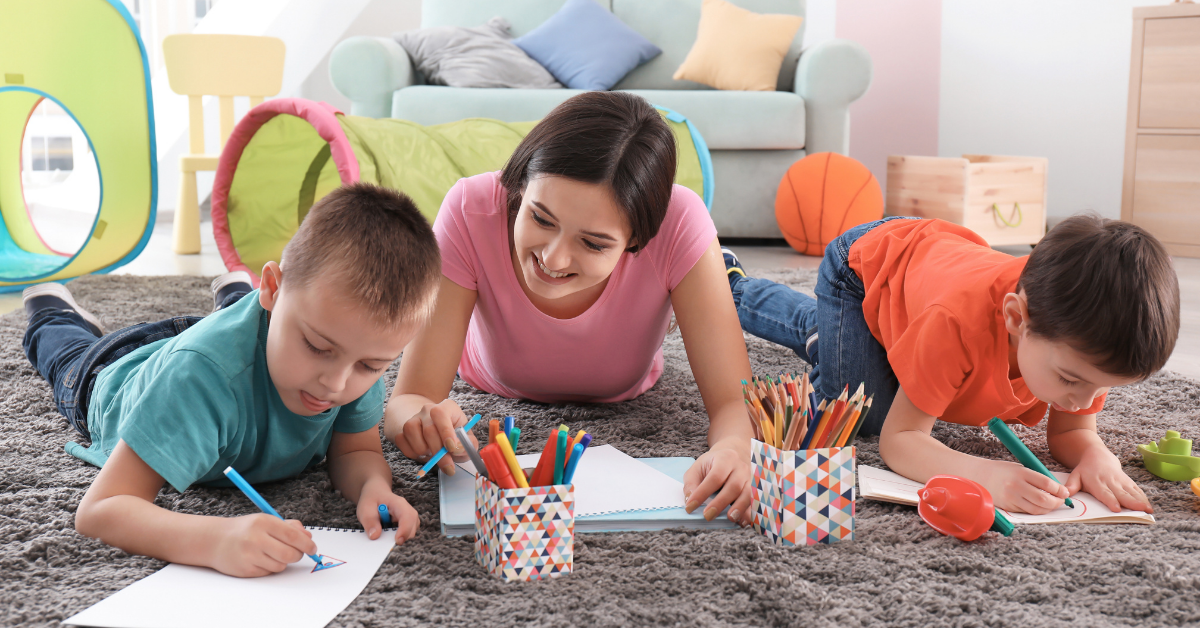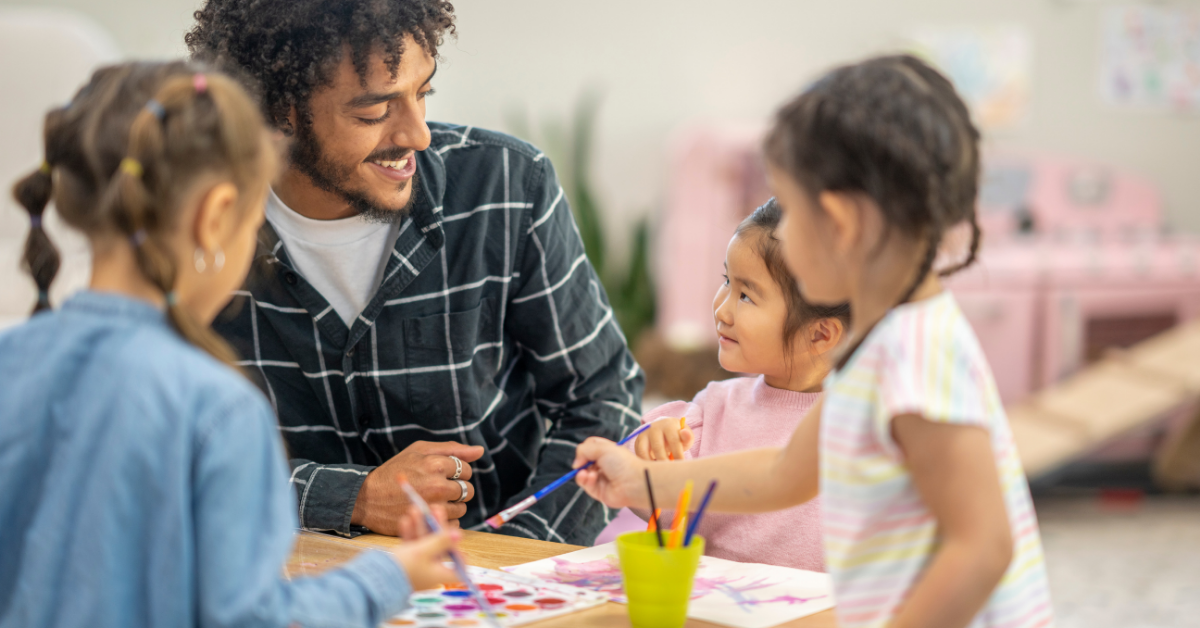Healthy Eating Habits for Young Children: A Guide for Parents

Introduction
Social skills play a crucial role in a child's overall development. Preschool years are a formative time when children begin to interact with peers, learn about emotions, and build relationships that shape their ability to communicate and collaborate. Teaching social skills at an early age lays the foundation for future success in school, friendships, and emotional well-being. This article explores the importance of social skills in preschoolers, effective strategies to foster these abilities, and the role parents and educators play in this developmental journey.
Why Are Social Skills Important for Preschoolers?
Social skills help children develop confidence, empathy, and the ability to navigate social situations effectively. Here are some key reasons why social skills are essential for preschoolers:
Encourages Cooperation
Children learn to share, take turns, and work together, which is vital for group activities in school and beyond.
Builds Emotional Intelligence
Recognizing emotions in themselves and others helps children regulate their feelings and respond appropriately.
Enhances Communication
Learning to express thoughts, listen actively, and engage in conversations improves language and cognitive development.
Prepares for School Success
Strong social skills make it easier for children to adapt to structured learning environments, form friendships, and resolve conflicts.
Key Social Skills to Develop in Preschoolers
Sharing and Taking Turns
Teaching children to share toys and take turns helps them understand fairness and cooperation. Role-playing and group activities can reinforce this skill.
Listening and Following Instructions
Good listening skills improve comprehension and attention span. Simple games like "Simon Says" or storytelling activities encourage active listening.
Expressing Emotions Positively
Helping children articulate their emotions using words rather than actions fosters emotional intelligence. Encouraging phrases like "I feel sad because…" allows children to communicate feelings effectively.
Showing Empathy and Kindness
Encouraging children to consider how others feel and respond with kindness strengthens their ability to build positive relationships. Reading books about emotions and discussing different perspectives can enhance empathy.
Conflict Resolution
Preschoolers often experience disagreements. Teaching them how to handle conflicts calmly, use problem-solving techniques, and express needs respectfully helps them build stronger social connections.
Strategies for Parents and Educators to Nurture Social Skills
1. Encourage Play-Based Learning
Play is one of the best ways for preschoolers to develop social skills. Group activities, pretend play, and interactive games teach children cooperation, negotiation, and role-playing in a natural setting.
2. Model Positive Social Behavior
Children learn by observing adults. Demonstrating kindness, patience, and good communication skills in daily interactions helps them adopt similar behaviors. Saying “please” and “thank you” sets a positive example.
3. Provide Opportunities for Group Activities
Enrolling children in preschool programs, playgroups, or team activities allows them to practice social interactions in a structured environment. Exposure to different social situations strengthens their adaptability and confidence.
4. Use Positive Reinforcement
Encouraging and praising good social behavior helps children understand the importance of kindness and cooperation. Simple phrases like “Great job sharing your toy!” reinforce positive interactions.
5. Teach Problem-Solving Skills
Guiding children through small conflicts by asking questions like “What happened?” and “How can we fix it?” helps them develop problem-solving skills and learn to handle disagreements constructively.
6. Read Social Stories
Books with characters navigating social situations help children understand appropriate behaviors and emotional responses. Discussing these stories encourages children to relate them to real-life interactions.
Overcoming Social Challenges in Preschoolers
Some children may struggle with social interactions due to shyness, difficulty expressing emotions, or limited exposure to social settings. Here’s how to support them:
Gradual Exposure
Slowly introducing them to group activities helps ease anxiety and build confidence.
Encouraging One-on-One Playdates
Smaller social interactions can be less overwhelming and help children form close bonds.
Practicing Conversations at Home
Role-playing common social scenarios at home prepares children for real-life interactions.
Teaching Self-Regulation Techniques
Helping children manage frustration and disappointment through breathing exercises or quiet time promotes emotional control.
Just as fostering social skills is critical for preschoolers' emotional and academic growth, outdoor play provides essential opportunities for children to develop physical, social, and emotional well-being, as highlighted in How Outdoor Play Boosts a Child's Physical and Mental Development. Moreover, parent involvement in early childhood education, as discussed in Why Parent Involvement is Key to Early Childhood Education , plays a pivotal role in supporting children’s social skills and fostering a positive learning environment at home.
Conclusion
Nurturing social skills in preschool-aged children is essential for their emotional and academic growth. By encouraging cooperative play, modeling positive behaviors, and providing structured learning experiences, parents and educators can help children develop confidence, empathy, and strong interpersonal skills. Investing time in social skill development at an early age leads to better relationships, improved emotional well-being, and greater success in school and life.

